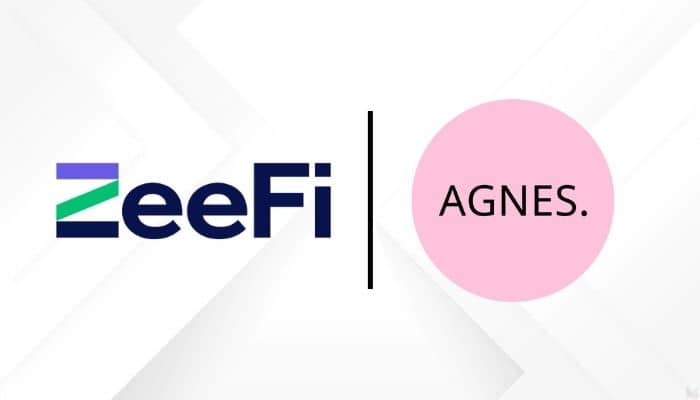As travel is fast coming back to its feet, Shangri-La, the global hospitality brand, meets this rebound halfway, amplifying its loyalty programme to now be called the new Shangri-La Circle.
With an incredible feat to rebrand both the creative and the marketing of the programme, the hospitality company rightly tapped its agency partners to fuse creative and intelligent hands and bring this transformation to the table. For the programme’s digital marketing and communications, digital creative agency 8traordinary was brought on board to steer the wheel.
The remit of the agency comes out as our top story for the month of July. To further learn about the behind-the-scenes and the craftiness put into the digital campaign, we conversed with Jeffrey Lim, 8traordinary’s founder and managing director.
The agency’s scope included creative content planning, social media strategy, influencer marketing, and community management.
Influencer marketing had been a huge part of the campaign and to make this happen, the agency roped in influencers around the region such as Nathan Hartono, Lennard Yeong, Erwan Heussaff, Zahra Lari, Goh Jin Wei, and more than 150 other key opinion leaders across different countries to spread the news about the launch.
On the criteria they used in selecting which KOLs, Jeffrey shared that they try not to focus too much on the usual metrics which are an influencer’s follower count and number of likes as these are quite achievable through paid media. What they looked into instead is the individual’s ‘authenticity’ and the motivation behind why people are looking up to the personality.
One of [our] key criteria, when we worked with Shangri-La Circle, is we want to look for [a] personality or [an] individual who is authentic, and we want to look at how can they use their passion and their authenticity to influence
Jeffrey Lim, Founder, Managing Director, 8traordinary
In line with Shangri-La’s main message of ‘Live the good life’, he also shared that they looked into tapping as much as a diverse group of influencers and not limit to the popular macro influencers, as ‘living a good life’ can mean differently for each person.
“We want to showcase to the world that whoever you are and wherever you are…there’s a specific ‘good life’ that we at Shangri-La can present to you in its own unique way,” said Jeffrey.
The full conversation with Jefferey is now live on MARKETECH APAC’s YouTube and Spotify. In the interview, Jeffrey shared more about the challenges that came with developing the campaign as well as his expert insights into how brands can stand out in a period where there is overflowing content presented to consumers.











